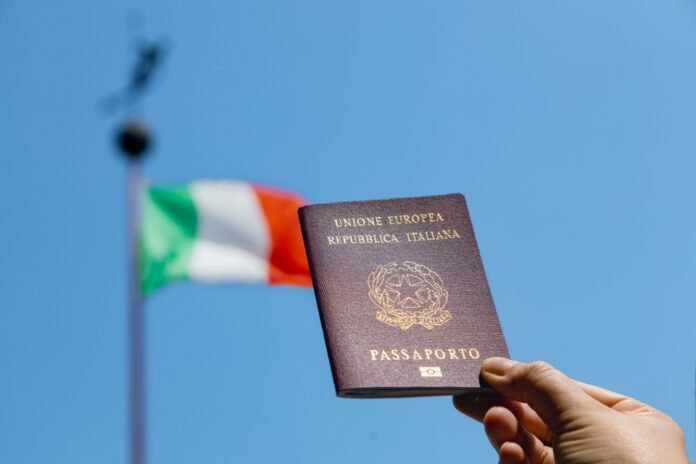The Italian government has passed a new law that stops people from claiming citizenship through their great-grandparents — a move that has crushed the hopes of millions around the world, including many Nigerians with Italian roots.
The law, which took effect this week, was introduced in March by Prime Minister Giorgia Meloni’s right-wing government. It changes the rules on how people can obtain Italian citizenship by descent, also known as jus sanguinis (right of blood). Until now, anyone who could prove that they had Italian ancestry — even through a great-grandparent — could apply. But under the new law, only those whose parents or grandparents were Italian citizens are eligible.
According to Italy’s Interior Ministry, over 80 million people around the world have Italian ancestry. Many of them, including thousands in Nigeria and across Africa, had already begun the costly and time-consuming process of collecting documents, getting translations, and hiring legal help in the hopes of gaining Italian citizenship.
Now, for those whose link to Italy goes back to a great-grandparent, that path is closed. The only option left is to move to Italy and apply for citizenship through residency — a process that has also become harder under the current government. Italy has tightened visa rules, especially for people from outside the European Union.
In June, Italy will hold a referendum that could change how long someone must live in the country before applying for citizenship. Right now, the rule is 10 years of legal residency. The referendum proposes reducing it to five years, but experts say it’s likely to fail. If it does, another vote could follow, possibly increasing the requirement to 12 years.
Applicants must also meet tough conditions: showing a steady income (at least €8,263.31 annually, or about ₦12.6 million), passing an Italian language exam, and having no criminal record anywhere they’ve lived. These rules do not apply to people applying through ancestry — which is why many had chosen that route.
Samantha Wilson, who runs *Smart Move Italy*, a company that helps foreigners with immigration, said the law change is “worse than expected.”
“For many of our clients, this change has shattered their immediate plans of moving to Italy, as well as their long-term dreams,” she said.
Some, like American applicant Gina Pace Trucil, are devastated. “I submitted all my documents based on my great-grandfather,” she wrote online. “I waited three years for my appointment, spent thousands of dollars — and now I’m told I’m not eligible.”
Wilson urged affected applicants to explore other options, such as Italy’s Digital Nomad Visa. She also encouraged those already in the application process to push forward and consider legal challenges.
“We need enough people to bring their cases before Italian judges so that the constitutional court might review the law,” she said, though she admitted this process could take over a year and be expensive.
For many, Italy was more than a passport — it was a way to connect with their roots and build a new life. Now, that door is closing, and it may not reopen anytime soon.

